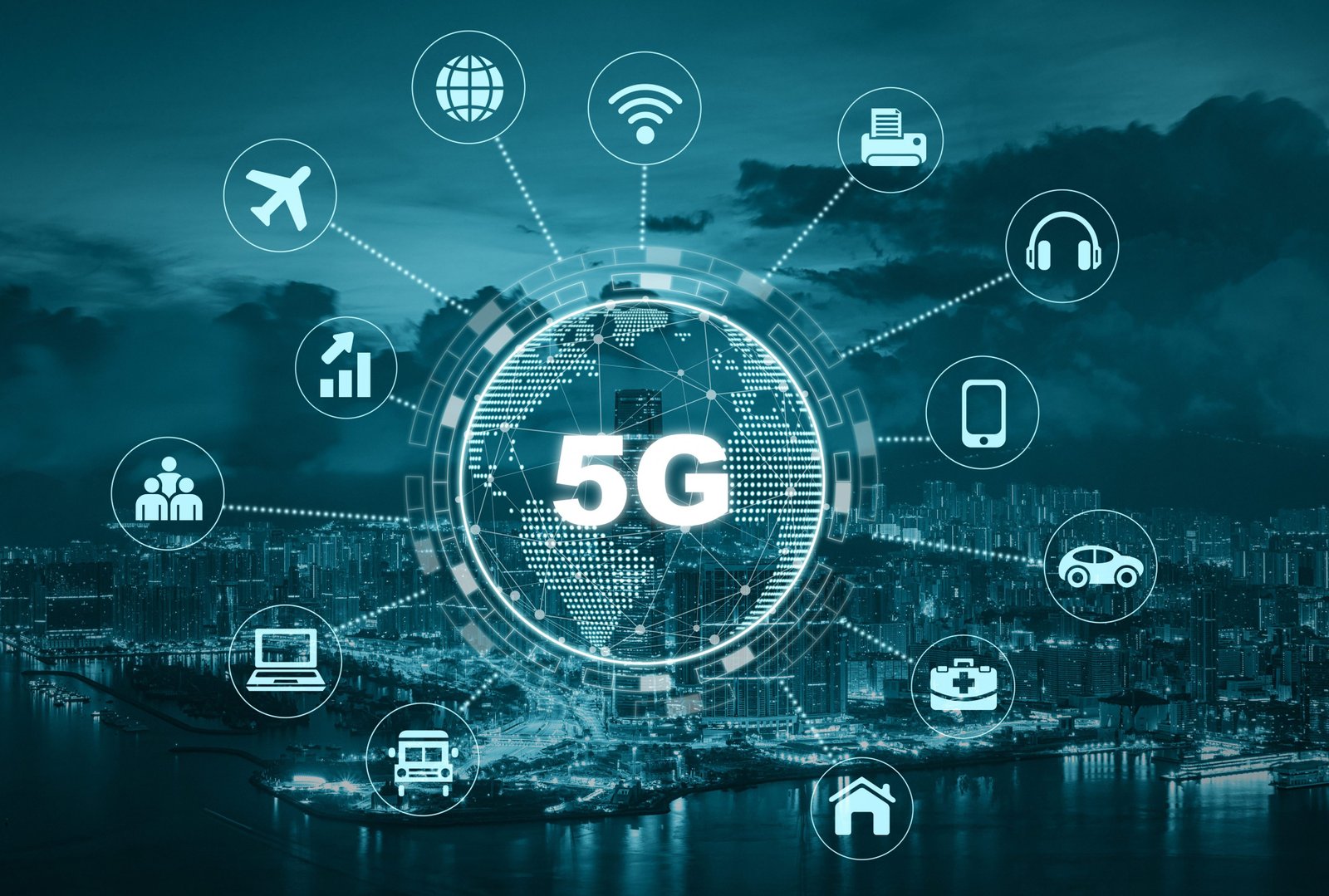The Revolution of 5G Technology: Empowering the Future of Connectivity
5G technology is set to revolutionize the way we connect and communicate, bringing forth a new era of connectivity and technological advancements. With its blazing-fast speeds, ultra-low latency, and high capacity, 5G is poised to transform various industries and enable groundbreaking applications.
At its core, 5G technology aims to deliver faster and more reliable wireless communication compared to its predecessors. With speeds up to 100 times faster than 4G, 5G opens up a world of possibilities for streaming high-definition content, virtual and augmented reality experiences, and seamless real-time communication.
One of the key benefits of 5G lies in its ability to support massive Internet of Things (IoT) deployments. With its increased capacity, 5G can connect billions of devices and enable the growth of smart cities, autonomous vehicles, industrial automation, and remote monitoring systems. This technology will enhance efficiency, enable better resource management, and pave the way for the Internet of Everything.
5G also holds tremendous potential for healthcare, with its low latency and reliable connections enabling telemedicine, remote surgeries, and real-time patient monitoring. It can revolutionize industries like transportation and logistics, making autonomous vehicles safer and more efficient, and optimizing supply chain operations through real-time tracking and predictive analytics.
However, the deployment of 5G comes with its own set of challenges. Building the necessary infrastructure requires significant investments in upgrading networks and installing a dense network of small cells. Additionally, ensuring cybersecurity and addressing privacy concerns are vital to safeguarding sensitive data transmitted over 5G networks.
Governments, telecommunications companies, and technology providers are actively working together to roll out 5G networks across the globe. While initial deployments are underway, the full potential of 5G is yet to be realized. As the technology continues to evolve, we can expect transformative applications and innovations that will reshape industries and the way we interact with technology.
In conclusion, 5G technology represents a major leap forward in connectivity, enabling faster speeds, lower latency, and massive IoT deployments. It has the potential to revolutionize industries, enhance productivity, and drive innovation across various sectors. With ongoing advancements and widespread adoption, 5G will empower the future of connectivity and shape the way we live, work, and communicate in the years to come.
